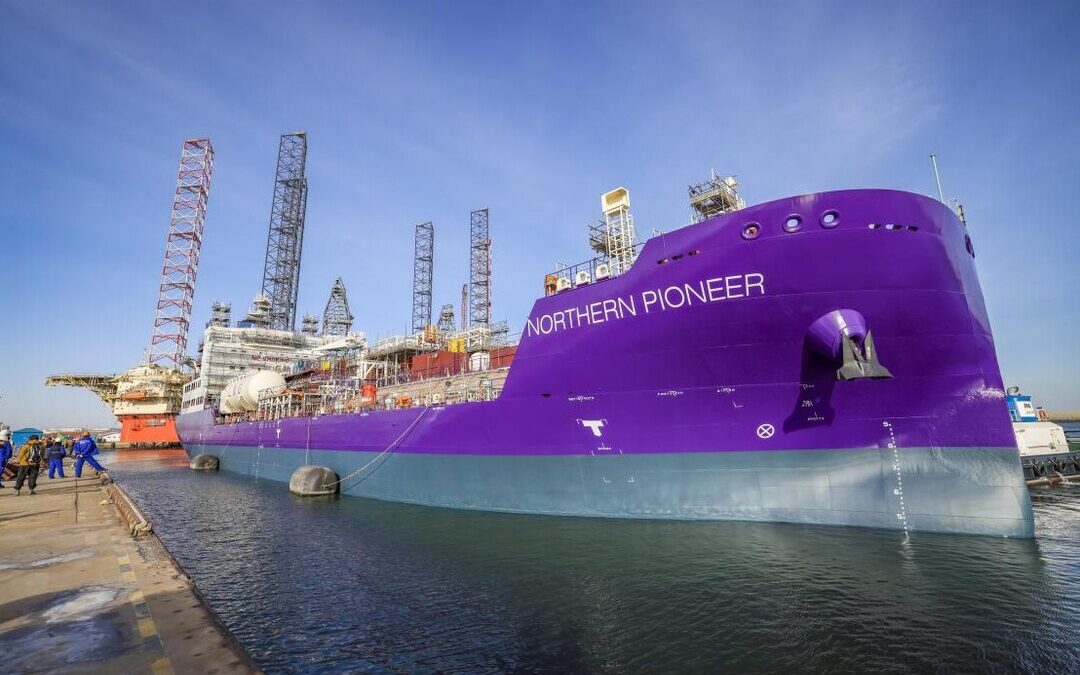Norway Launches World’s 1st Merchant CO2 Storage in Northern Lights
Norway begins shipping and storing industrial CO2 under the seabed in world-first Northern Lights project.
TotalEnergies and its partners Equinor and Shell said Monday they have launched operations at the Northern Lights carbon storage project in Norway, the first commercial-scale system to transport and permanently store industrial carbon dioxide under the seabed.
The companies said the first CO2 shipment from Heidelberg Materials’ cement plant in Brevik, Norway, was carried by vessel to Northern Lights’ facilities in Øygarden on the country’s west coast. From there, the gas was injected about 2,600 meters beneath the seabed into storage reservoirs located 100 km offshore.
First Phase at Full Capacity
Northern Lights is the world’s first merchant CO2 transportation and storage project. The first phase has a capacity of 1.5 million tonnes of carbon dioxide per year, which has already been fully booked by industrial customers in Norway and continental Europe.
A final investment decision on the second phase was made in March 2025. That expansion is expected to boost storage capacity to more than 5 million tonnes annually from 2028.
Industrial Partnerships
The project has signed agreements with five customers across the region. In Norway, Hafslund Celsio and Heidelberg Materials will supply emissions, while Yara in the Netherlands, Ørsted in Denmark and Stockholm Exergi in Sweden will also use the service.
The companies said the ability to transport and store carbon dioxide as a service provides industries with emissions that cannot be eliminated an opportunity to cut their climate impact.
“With the start of operations of Northern Lights, we are entering a new phase for the CCS industry in Europe,” said Arnaud Le Foll, TotalEnergies’ senior vice president for new business and carbon neutrality. “This industry now moves to reality, offering hard-to-abate sectors a credible and tangible way to reduce CO2 emissions.”
CCS Development
Northern Lights is equally owned by TotalEnergies, Equinor and Shell. It builds on more than 25 years of carbon storage experience on the Norwegian Continental Shelf. CO2 captured at industrial sites will be liquefied, shipped to an onshore receiving terminal in western Norway, then piped for permanent storage beneath the seabed.
TotalEnergies said its carbon strategy is to first avoid emissions, then reduce them through technology, and finally store residual emissions. Alongside Northern Lights, the company is advancing projects in the United Kingdom, the United States, the Netherlands and Denmark.
Nirmal Menon
Related posts
Subscribe
Error: Contact form not found.


